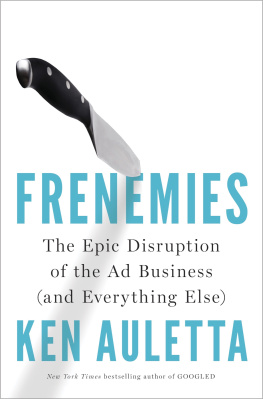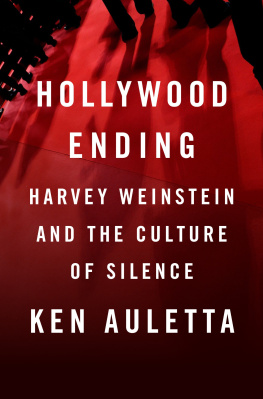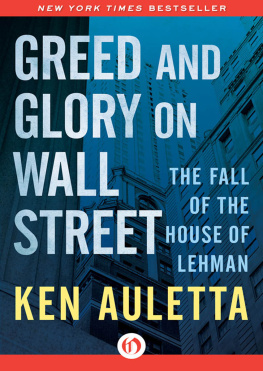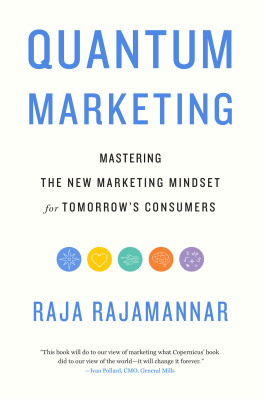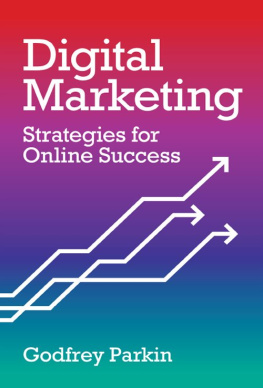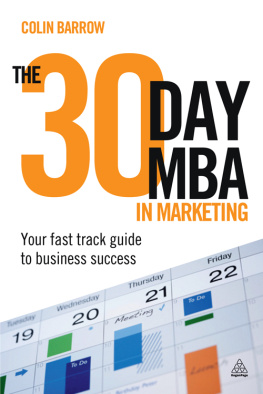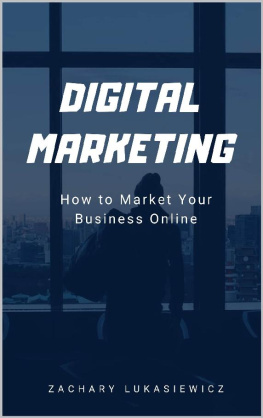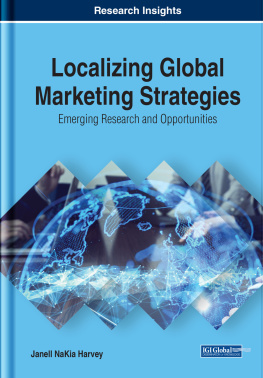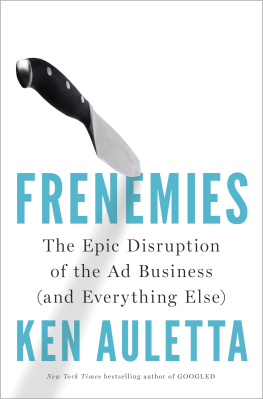Ken Auletta - Frenemies: The Epic Disruption of the Ad Business (and Everything Else)
Here you can read online Ken Auletta - Frenemies: The Epic Disruption of the Ad Business (and Everything Else) full text of the book (entire story) in english for free. Download pdf and epub, get meaning, cover and reviews about this ebook. year: 2018, publisher: Penguin Press, genre: Business. Description of the work, (preface) as well as reviews are available. Best literature library LitArk.com created for fans of good reading and offers a wide selection of genres:
Romance novel
Science fiction
Adventure
Detective
Science
History
Home and family
Prose
Art
Politics
Computer
Non-fiction
Religion
Business
Children
Humor
Choose a favorite category and find really read worthwhile books. Enjoy immersion in the world of imagination, feel the emotions of the characters or learn something new for yourself, make an fascinating discovery.
- Book:Frenemies: The Epic Disruption of the Ad Business (and Everything Else)
- Author:
- Publisher:Penguin Press
- Genre:
- Year:2018
- Rating:5 / 5
- Favourites:Add to favourites
- Your mark:
Frenemies: The Epic Disruption of the Ad Business (and Everything Else): summary, description and annotation
We offer to read an annotation, description, summary or preface (depends on what the author of the book "Frenemies: The Epic Disruption of the Ad Business (and Everything Else)" wrote himself). If you haven't found the necessary information about the book — write in the comments, we will try to find it.
Advertising and marketing touches on every corner of our lives, and is the invisible fuel powering almost all media. Complain about it though we might, without it the world would be a darker place. And of all the industries wracked by change in the digital age, few have been turned on its head as dramatically as this one has. We are a long way from the days of Don Draper; as Mad Men is turned into Math Men (and women--though too few), as an instinctual art is transformed into a science, the old lions and their kingdoms are feeling real fear, however bravely they might roar.
Frenemies is Ken Aulettas reckoning with an industry under existential assault. He enters the rooms of the ad worlds most important players, some of them business partners, some adversaries, many frenemies, a term whose ubiquitous use in this industry reveals the level of anxiety, as former allies become competitors, and accusations of kickbacks and corruption swirl. We meet the old guard, including Sir Martin Sorrell, the legendary head of WPP, the worlds largest ad agency holding company; while others play nice with Facebook and Google, he rants, some say Lear-like, out on the heath. There is Irwin Gotlieb, maestro of the media agency GroupM, the most powerful media agency, but like all media agencies it is staring into the headlights as ad buying is more and more done by machine in the age of Oracle and IBM. We see the world from the vantage of its new powers, like Carolyn Everson, Facebooks head of Sales, and other brash and scrappy creatives who are driving change, as millennials and others who disdain ads as an interruption employ technology to zap them. We also peer into the future, looking at what is replacing traditional advertising. And throughout we follow the industrys peerless matchmaker, Michael Kassan, whose company, MediaLink, connects all these players together, serving as the industrys foremost power broker, a position which feasts on times of fear and change.
Frenemies is essential reading, not simply because of what it says about this world, but because of the potential consequences: the survival of media as we know it depends on the money generated by advertising and marketing--revenue that is in peril in the face of technological changes and the fraying trust between the industrys key players.
Ken Auletta: author's other books
Who wrote Frenemies: The Epic Disruption of the Ad Business (and Everything Else)? Find out the surname, the name of the author of the book and a list of all author's works by series.

